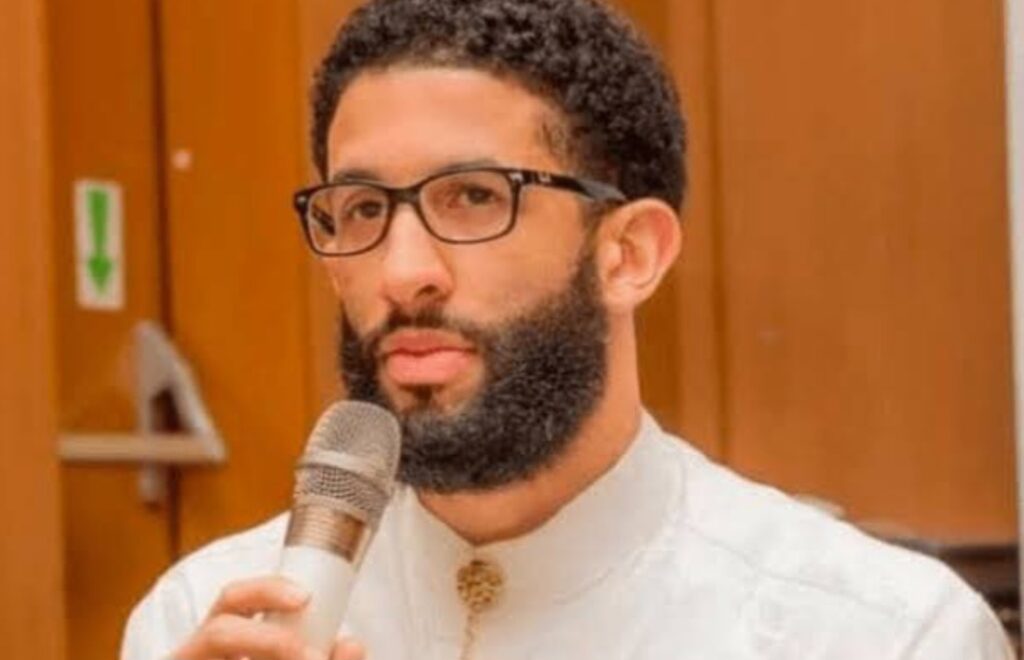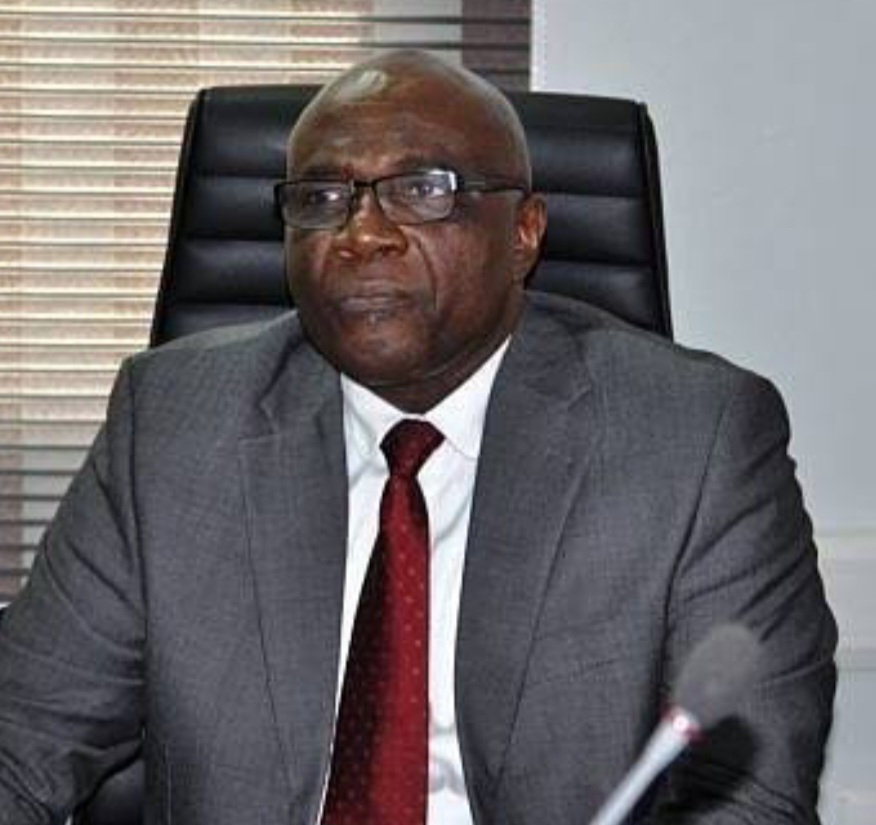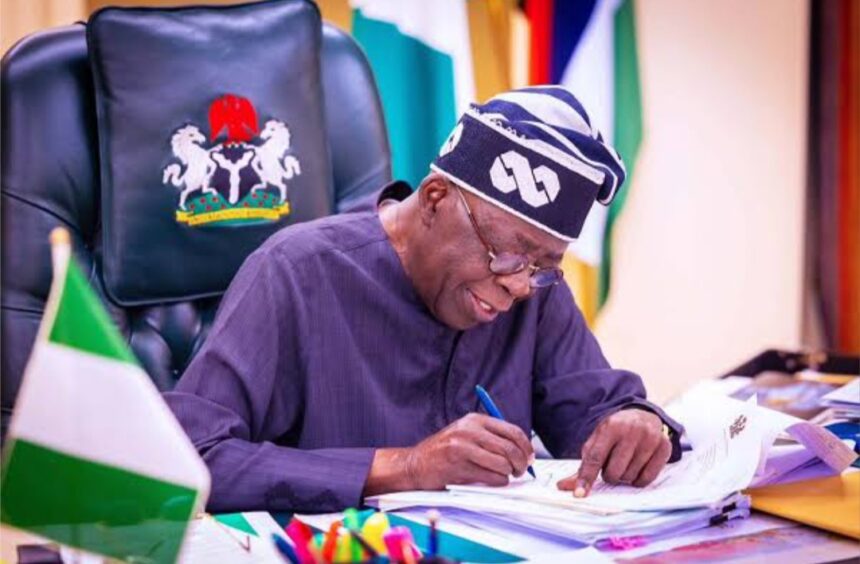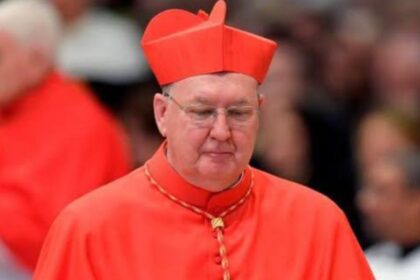– The Video That Wasn’t: A Digital Duel in the Presidential Pit
– A Circus of Mouthpieces: Too Many Voices, Too Little Sense
In the grand theatre of Nigerian politics, where every word is weighted with the dreams and despair of a nation, one would expect the presidential media team to be a chorus in perfect harmony. But alas, in the case of President Bola Ahmed Tinubu, what Nigerians have been treated to is less a melodious symphony and more a cacophony of clashing cymbals and discordant notes. The Tinubu media unit, an ensemble so vast and varied it could populate a small village, seems to have mastered only one art: working at cross purposes.
A Presidential Opera Gone Awry
It began with the grandest of hopes. President Tinubu, with his storied political journey, took office surrounded by a media phalanx that was supposed to trumpet his every achievement and shield him from the slings and arrows of public scrutiny. Yet, from the outset, this media brigade, bloated to the point of bursting, has stumbled and fumbled its way through one mishap after another, leaving the president exposed and his messages muddled. …CONTINUE READING


The latest act in this tragicomedy unfolded when Ajuri Ngelale, the Special Adviser to the President on Media and Publicity, managed to spark a fresh wave of public embarrassment. Just when Nigerians thought they had seen the last of his gaffes, a new debacle emerged—this time a clash between the president’s own mouthpieces over the authenticity of a video message purportedly from Tinubu himself.
The Video That Wasn’t: A Digital Duel in the Presidential Pit
It was a Wednesday like any other—or so it seemed. On that fateful day, the president’s verified X page (formerly Twitter) carried a heartfelt video, in which Tinubu appealed to the patience of Nigerians as they navigated the rocky terrain of economic hardship. It was a typical presidential plea, the kind that should have evoked empathy and solidarity. But instead, it ignited a firestorm.
The video had first appeared on the page of O’tega Ogra, the Senior Special Assistant to the President on Digital/New Media, who touted it as a “Passionate Plea from President Bola Tinubu.” Yet, barely had the digital ink dried when Bayo Onanuga, Tinubu’s Special Adviser on Information and Strategy, took to the same platform to declare the video a relic of the past, an outdated clip mistakenly revived.
And thus, the stage was set for a public spectacle—a duel of declarations that left Nigerians scratching their heads in confusion. Was the video a new call to action or a forgotten fragment of history? The president’s aides couldn’t seem to agree, and the resulting chaos only reinforced what many had long suspected: the Tinubu media team was a house divided, a dissonant ensemble incapable of carrying a single tune.
A Circus of Mouthpieces: Too Many Voices, Too Little Sense
If the Tinubu media team were a symphony, it would be one where each musician played a different score, with no conductor in sight. The ensemble boasts a cast of characters as varied as they are numerous: from Ajuri Ngelale, whose missteps have become the stuff of legend, to Bayo Onanuga, the self-proclaimed custodian of truth. Joining them are Tunde Rahman, the Senior Special Assistant to the President on Media; Abdulaziz Abdulaziz, the Senior Special Assistant on Print Media; and O’tega Ogra, whose digital acumen appears to have led him astray.
But the list does not end there. Tope Ajayi, the Senior Special Assistant on Media & Public Affairs, Segun Dada, the Special Assistant on Social Media, Nosa Asemota, the Special Assistant on Visual Communication, Fela Durotoye, the Senior Special Assistant on National Values & Social Justice, Fredrick Nwabufo, the Senior Special Assistant on Public Engagement, Linda Nwabuwa Akhigbe, the Senior Special Assistant on Strategic Communications, Aliyu Audu, the Special Assistant on Public Affairs—the names stretch on, a veritable roll call of excess.
Yet despite this overabundance of advisers, assistants, and strategists, the Tinubu presidency continues to suffer from a representation that can only be described as mediocre. The sheer number of voices has not led to a clearer message but rather to a tangled web of contradictions and confusion. Each aide, it seems, marches to the beat of their drum, leaving the public bewildered and the president’s image increasingly tarnished.
The Price of Discord: A Nation at the Mercy of Muddled Messaging
The ramifications of this disunity extend far beyond mere embarrassment. In a nation as fragile as Nigeria, where every statement from the presidency can send ripples through the markets and the streets, the inability of Tinubu’s media team to present a cohesive front is more than a minor flaw—it is a fundamental failure.
As Kalu Aja, a financial analyst and educator, so aptly put it: “The President’s Media team is dysfunctional.” His assessment, echoed by pundits and commentators alike, speaks to a deeper malaise at the heart of the Tinubu administration. For what use is a media unit that cannot even agree on the authenticity of its own messages? What hope is there for clear communication, for effective governance, when those tasked with shaping the president’s image are themselves embroiled in petty squabbles?
Cost of Overindulgence: When Media Becomes a Burden
At a time when Nigerians are grappling with economic hardship, the bloated size of Tinubu’s media team stands as a glaring symbol of governmental excess. Critics have been quick to point out the irony: in an era of austerity, when the public clamours for a reduction in the cost of governance, Tinubu’s presidency has opted to expand its media apparatus, adding more mouths to a chorus already too large for its good.
The cost of this indulgence is not merely financial. With each new appointment, the message becomes more diluted, and the lines of communication more tangled. And as the voices multiply, so too do the chances of further missteps, further embarrassments, and further episodes of the kind that have already plagued this administration.
A Call for Clarity: The Need for a New Direction
If the Tinubu presidency is to salvage its reputation and restore a sense of order to its communications, it must take a hard look at its media team. The current model, with its overlapping roles and competing agendas, is not working. Pundits have condemned the team as an unnecessary drain on the public purse, with many arguing that aside from a select few—Onanuga, Tunde Rahman, Ajuri Ngelale, and Tope Ajayi—the rest are little more than dead weight.
What is needed now is not more voices, but fewer—voices that speak with clarity, consistency, and authority. The president deserves a media team that can amplify his message, not one that drowns it out in a sea of contradictions. The nation deserves a media unit that can guide it through these turbulent times, not one that stumbles and falters at every turn.
In the end, the true tragedy of Tinubu’s media team is not just its dysfunction, but the wasted potential it represents. Here was a chance to build a communications apparatus that could have been a beacon of transparency and truth, a unit that could have brought the presidency closer to the people it serves. Instead, what Nigerians have been given is a circus of confusion—a Tower of Babble where the only thing that rises above the din is the sound of missed opportunities.




